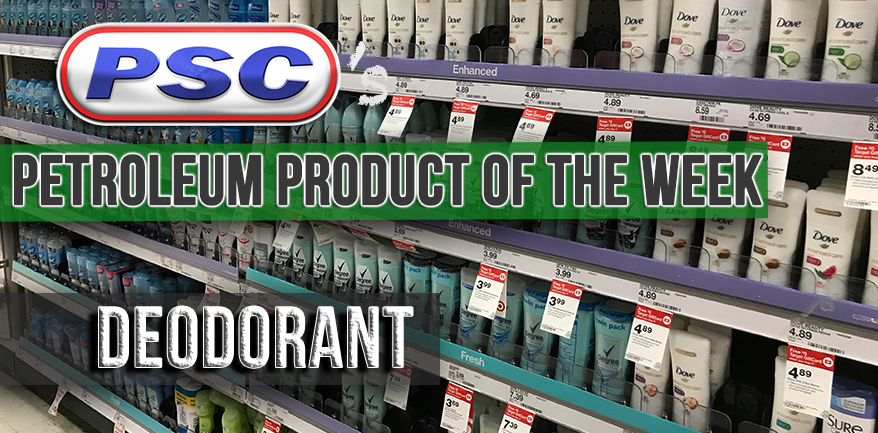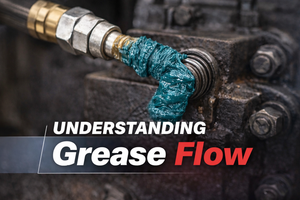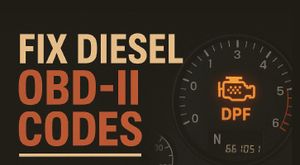Petroleum Product of the Week: Deodorant
By on Apr 20 2018

Humans may be the only mammals with a written language, but we're certainly not the only ones who sweat. Animals who are mammals have sweat glands, it's just that some have more than others. Most, like dogs and cats, have a small number, which is why they need to regulate their body heat through other means, such as panting. Primates and horses, however, have a lot of sweat glands and can sweat as much as humans do. What sets humans apart, though, from these other sweaty mammals is the means to which we'll go to combat the stink.
B.O.? Better get your deo.
Sometimes, humans stink. We always have and it might just be that we always will (pending certain biological advances, I'm sure). Unless we're talking about cave people, humankind has cared about how we smell to varying degrees. Before frequent bathing (and washing clothes) became commonplace, people would use colognes, perfumes, and herbs to mask the smell of body odor. If you've ever been around a teenager who liberally applies body spray too often and in excess, your nostrils may get the picture.
Then along came a little thing called commercial deodorant.
Edna Murphey of Philadelphia, Pennsylvania developed and patented the first commercial deodorant, Mum, in 1888. The name was a play on the popular phrase, "Mum's the word, " because nobody wants to talk about bodily excretions (especially during the Victorian era). This jarred cream contained a zinc compound and people applied it with their fingertips. Bristol-Myers bought the company in 1931 and later rebranded it Ban with the development of their roll-on applicator.
The first antiperspirant commercially available was Everdry in 1903. Jules Montenier patented the foundation for modern antiperspirants in 1941.
Early deodorant use was meh. People didn't really see much need for it. But with the help of some good marketing, the industry boomed. Between 1942 and 1957, the deodorant market increased six hundred times to become a $70 million market.
What's in deodorant?
Deodorants and antiperspirant deodorants (they are not the same thing) contain a number of active and inactive ingredients to help prevent the odor caused by the bacterial breakdown of perspiration. Antiperspirants, besides affecting odor, also work to prevent sweating.
So, antiperspirant deodorants contain active drug ingredients to control perspiration (this is why they're considered an over the counter " drug product), gelling agents, and other ingredients to make it attractive, such as its scent or appearance. Because it's an OTC product, the FDA limits which active ingredients APD may contain. It's a relatively short list composed of aluminum chlorohydrate, aluminum chloride, aluminum sulfate, and aluminum zirconium complexes. Aluminum zirconium tetrachlorohydrex glycine is the most common.
Deodorants and APDs contain gelling agents to help form a solid stick (the most commonly purchased type of deodorant). These waxy or fatty materials include stearyl alcohol, cetyl alcohol, hydrogenated castor oil, and glyceryl stearate. These waxes are also blended with lubricating oils and emollients which are liquid at room temperature but evaporate quickly, leaving your skin feeling smooth and dry. Many deodorants contain propylene glycol, a liquid compound derived from petroleum, natural gas, or vegetable sources. This gives deodorant very slick consistency.
Deodorants come in various forms, including sprays, crystals, and the natural variety. Natural " deodorants, free of controversial ingredients such as aluminum and PG, are becoming increasingly popular both for DIY-ers and commercial production. Depending on what you use, your deodorant may not contain petroleum. However, if it comes in a plastic stick, it's still a petroleum product!
Sources:
https://www.smithsonianmag.com/history/how-advertisers-convinced-americans-they-smelled-bad-12552404/
http://www.madehow.com/Volume-5/Antiperspirant-Deodorant-Stick.html






